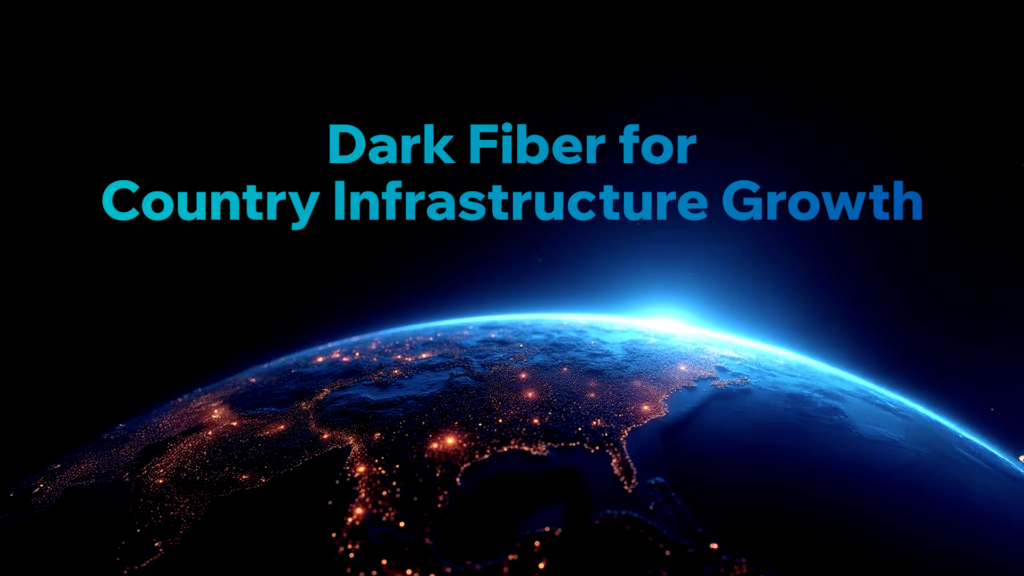
Dark Fiber for Country: Revolutionizing Connectivity and Growth
Dark fiber represents one of the most transformative technologies of the modern era, with the power to redefine a country’s digital landscape. Unlike traditional broadband solutions, dark fiber networks offer unparalleled speed, scalability, and security. For countries aiming to stay competitive in the global market, embracing dark fiber could pave the way for enhanced innovation, economic growth, and improved quality of life.
What is Dark Fiber?
Dark fiber refers to unused or underutilized optical fiber lines that are already laid out but remain unlit, meaning no active data runs through them. Unlike lit fiber, where service providers manage the data transmission, dark fiber can be leased by businesses or governments for exclusive use, ensuring customized solutions and superior control.
Importance of Dark Fiber for a Country
Dark fiber is more than just a technological upgrade; it is a strategic asset. Its deployment facilitates robust connectivity, fostering advancements in every critical sector:
- Economic Development: A strong digital backbone attracts global businesses and supports startups.
- Educational Access: Seamless internet connectivity democratizes education and research.
- Technological Leadership: Countries with advanced infrastructure become innovation hubs.
Dark Fiber vs. Traditional Broadband
Dark fiber networks excel in comparison to traditional broadband in key areas:
| Feature | 裸光纤 | Traditional Broadband |
|---|---|---|
| Speed | Unmatched high-speed data | Limited by shared usage |
| 可靠性 | Minimal downtime | Potential for interruptions |
| 可扩展性 | Easily scalable | Restricted infrastructure |
| Cost Over Time | High upfront, low ongoing | Continuous higher expenses |
Dark fiber’s advantages position it as a forward-thinking solution for nations focused on digital dominance.
Economic Benefits of Dark Fiber
Economic progress thrives on connectivity. Dark fiber supports businesses by:
- Reducing Operational Costs: Private networks eliminate reliance on third-party providers.
- Enabling Innovation: Industries like fintech, AI, and big data benefit from high-speed, low-latency connections.
- Boosting E-Commerce: Reliable networks ensure seamless online transactions.
Dark Fiber and Smart Cities
Smart cities rely on robust digital infrastructures, with dark fiber being the backbone. It supports:
- Internet of Things (IoT): Connecting devices for efficient city management.
- Traffic Management: Real-time data to reduce congestion.
- Public Services: Enhanced communication for utilities and emergency services.
Challenges in Implementing Dark Fiber
Despite its benefits, deploying dark fiber presents challenges:
- Infrastructure Costs: Building and maintaining fiber networks require significant investment.
- Policy Hurdles: Regulatory frameworks must support innovation while ensuring accessibility.
- Technical Expertise: Skilled professionals are necessary for seamless deployment and maintenance.
Future of Dark Fiber Globally
The global trend indicates a surge in dark fiber adoption, with countries like the USA, China, and India leading deployments. Emerging economies are catching up, recognizing its role in closing the digital divide. Projections suggest that dark fiber will play a crucial role in advancing technologies like AI, 5G, and quantum computing.
Want to build smarter, more efficient cities? Discover how dark fiber can help at DCConnect 全球.



